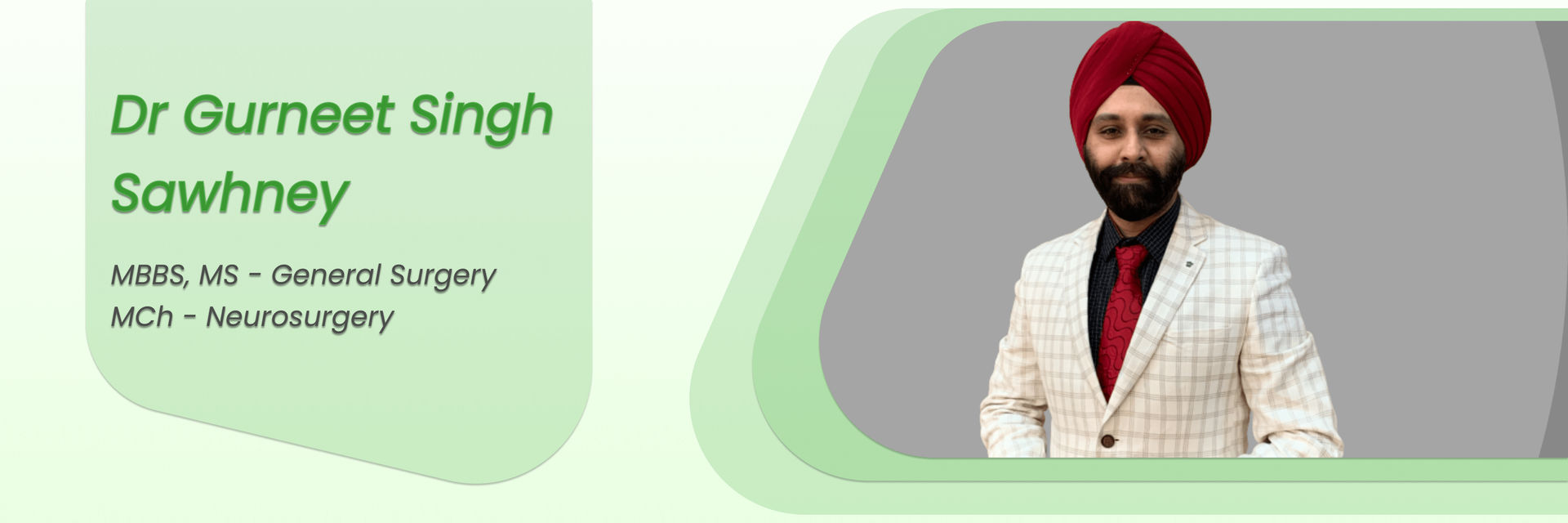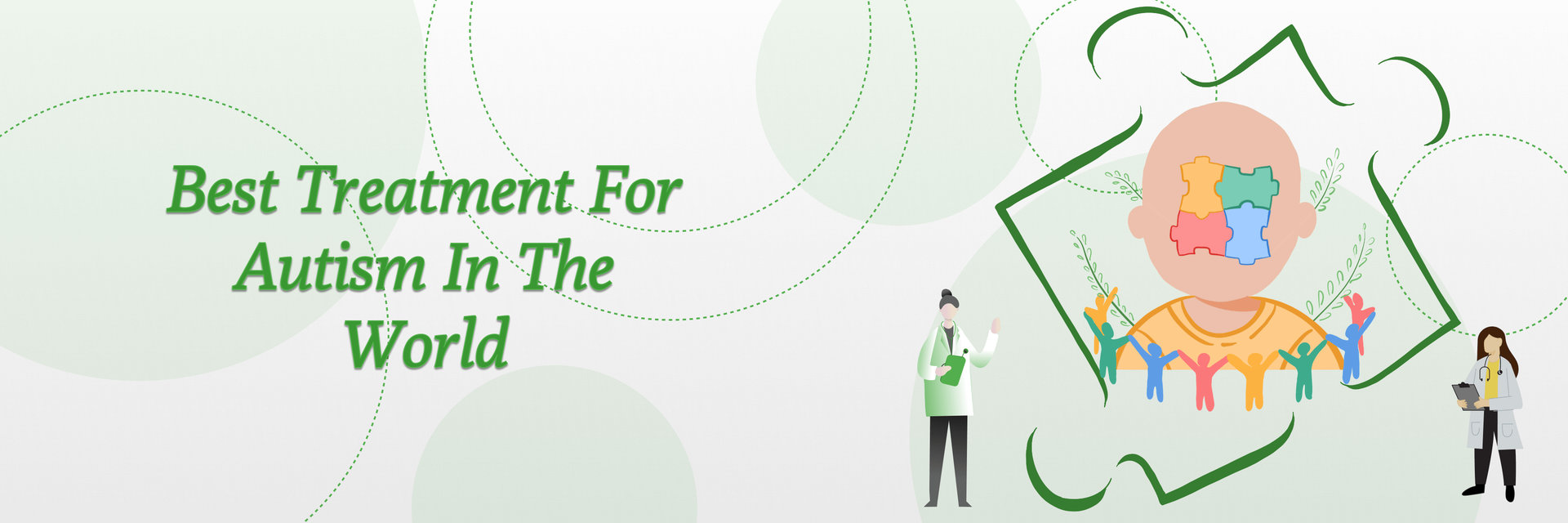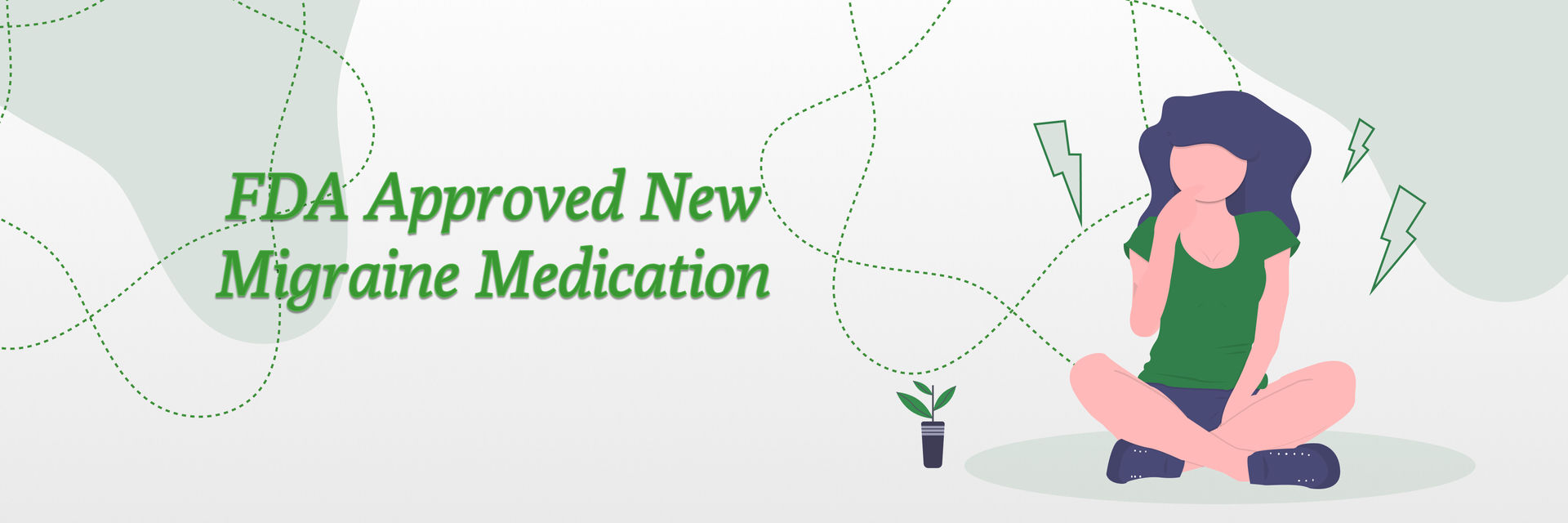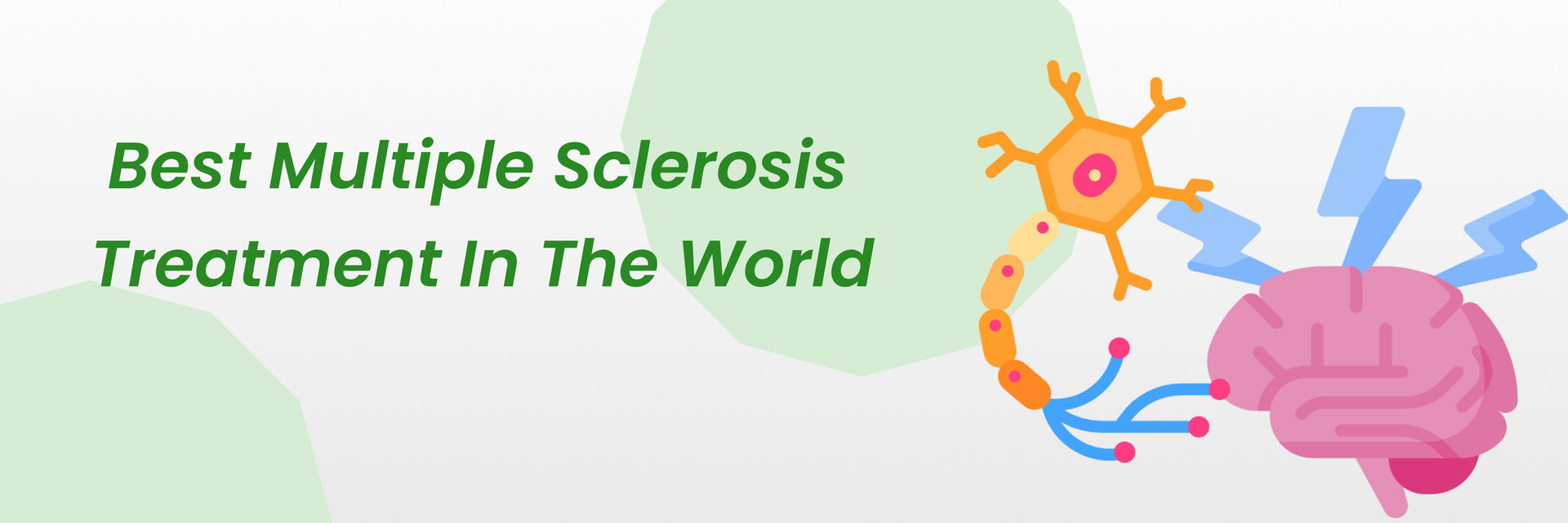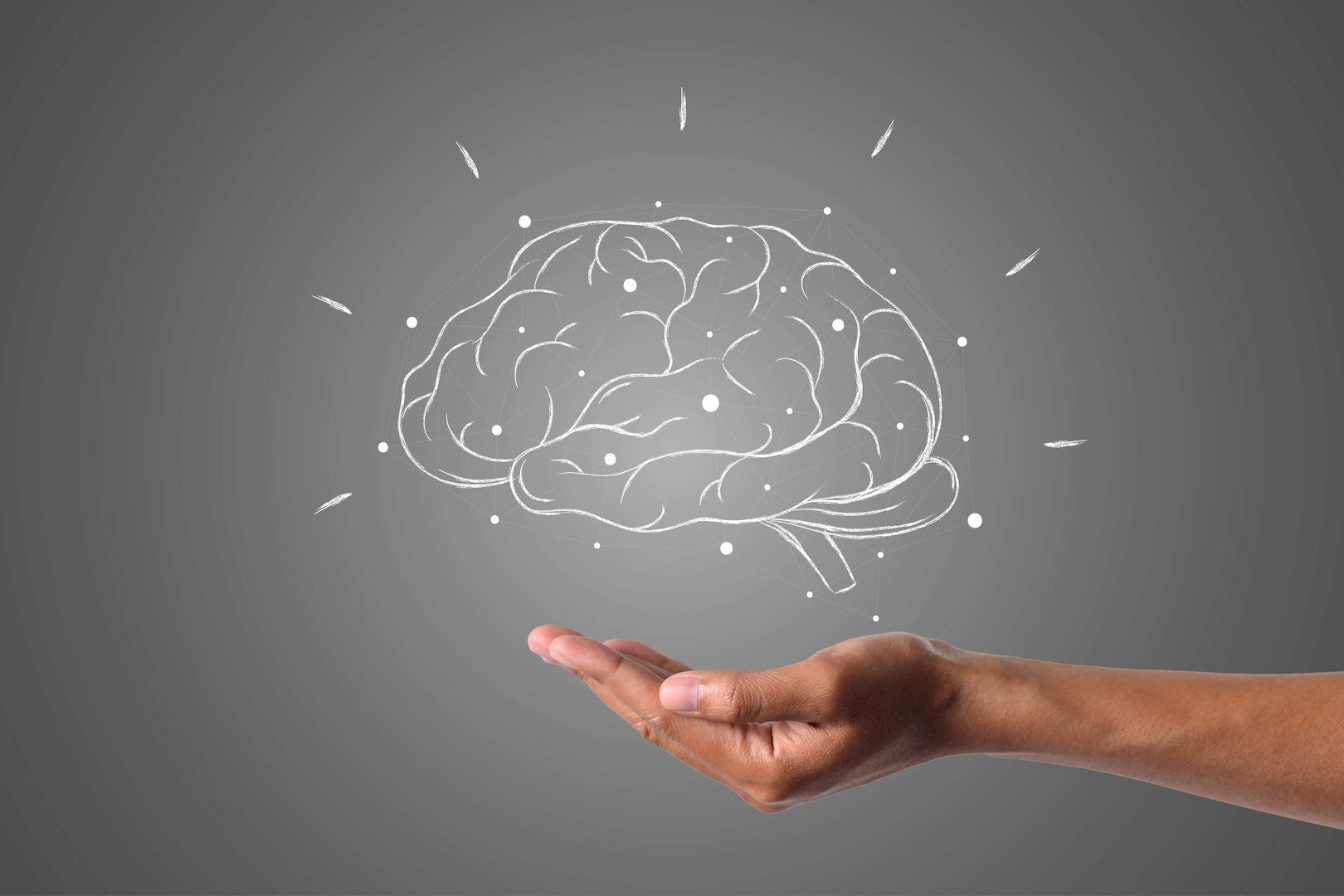When it comes to addressing neurological issues, institutions like Rela Institute and Medical Centre play a crucial role. Neurological disorders impact the nervous system, which includes the brain, spinal cord, and nerves. This article explains various disorders, reasons, signs, protection, and treatment progress. As we learn, neurological disorders are intricate and need careful attention.
Types of Neurological Disorders
Recognizing the signs and symptoms of neurological disorders is vital. It helps identify potential health problems in the nervous system. Spotting these signs early means timely medical care and better life quality.
Neurological disorders involve a wide array of conditions affecting the nervous system, leading to various physical and cognitive symptoms.
- Structural Disorders
- Functional Disorders
- Degenerative Disorders
- Vascular Disorders
- Inflammatory Disorders
- Genetic Disorders
- Metabolic Disorders
- Developmental Disorders
- Neuromuscular Disorders
- Seizure Disorders
Causes
Neurological issues can happen because of different things that affect our health. These things mix together to cause different problems in our nervous system. One big thing is our family history. If someone in our family had a similar problem, we might also have it. This is common for diseases like Huntington's disease or certain epilepsy types.
Breathing in bad things like pollution or chemicals can hurt our nervous system. Germs like bacteria or viruses can cause infections that swell our brain or nervous system, causing problems like meningitis or encephalitis; how we live also matters. What we eat, how much we move, and if we smoke can make these problems more likely. If we don't eat healthy, it can hurt our brain. Smoking makes it easier to have a stroke or blood vessel issues.
Symptoms
Recognizing neurological disorder signs is vital. Timely recognition leads to better care. Various disorders have distinct symptoms, including:
- Movement Disorders: Parkinson's shows tremors, stiffness, and coordination issues.
- Seizure Disorders: Epilepsy causes sudden seizures, convulsions, and altered awareness.
- Headache Disorders: Migraines bring intense headaches, light sensitivity, and nausea.
- Neurodevelopmental Disorders: Autism impacts social interaction, communication, and repetitive behavior.
- Neurodegenerative Disorders: Alzheimer's results in memory loss, cognitive decline, and behavioral shifts.
- Neuromuscular Disorders: Muscular dystrophy causes muscle weakness and movement difficulties.
- Pain Disorders: Neuropathy leads to chronic pain, tingling, and numbness.
- Cerebrovascular Disorders: Stroke causes sudden weakness, confusion, and speech issues.
- Neuroinflammatory Disorders: Multiple sclerosis brings fatigue, walking difficulty, and coordination problems.
- Neoplastic Disorders: Brain tumors create headaches, seizures, cognitive changes, and motor issues.
Recognizing these symptoms helps individuals seek suitable treatment.
Preventive Measures
Stay safe from brain problems with preventive actions. Not all issues can be stopped, but healthy choices help. Live well to lower nervous system risks. Let's explore some critical prevention tips:
1) Healthy Diet
Eating healthy is a must for your brain. Choose balanced foods like fruits, veggies, whole grains, lean proteins, and good fats. These give your nervous system the right stuff to work well.
2) Staying Active
Moving your body regularly is like giving it a boost of goodness. Exercise isn't just for muscles; it's also a treat for your brain. It gets your blood flowing better, fights off any crankiness in your body, and keeps your brain strong and happy.
3) Avoiding Smoking
Saying no to smoking and avoiding places where others smoke is a big deal. Smoking causes many health troubles, some of which can bother your nervous system.
4) Alcohol Consumption
If you like having a drink now and then, that's okay. Just remember, less is more. Too much alcohol can be tough on your brain and make it more likely for certain brain problems to show up.
5) Stress Management
Long-term stress can have effects on our system. It is beneficial to practice stress-reducing techniques such as meditation, breathing and relaxation exercises to support neurological well-being.
6) Protective Measures
Taking precautions to prevent head injuries is crucial. We should wear helmets when participating in sports or engaging in activities with a head injury risk. This simple measure can significantly lower the chances of experiencing brain injuries.
7) Seat Belt Safety
Wearing seat belts while driving or riding in vehicles effectively prevents head injuries during accidents. By ensuring restraint, we greatly reduce the risk of sustaining head trauma.
8) Good Sleep Habits
Prioritizing sufficient sleep plays a role in maintaining neurological health. Sleep helps support brain function, consolidate memory, and enhance well-being.
9) Managing Chronic Conditions
Effectively managing health conditions like diabetes or hypertension can positively impact our health. Uncontrolled chronic conditions may increase the likelihood of experiencing complications.
10) Regular Health Checkups
Seeking checkups and screenings helps identify any underlying health issues at an early stage. Detecting problems allows for management, which can help prevent potential neurological complications.
By incorporating these measures into our lives, we lay the groundwork, for maintaining a healthy nervous system and lowering the risk of certain neurological disorders.
It's crucial to keep in mind that each individual's path to health is distinct, and seeking advice from healthcare experts is highly recommended.
Advancements in Treatment and Research
Medical advancements improve neurological disorder care. Medications, surgeries, and therapies enhance symptom management and life quality. Ongoing research unveils disorder mechanisms, leading to targeted treatments. Notable advancements include:
- Precision Medicine
- Minimally Invasive Procedures
- Neurostimulation
- Stem Cell Therapy
- Immunotherapy
- Gene Therapy
- Telemedicine and Remote Monitoring
- Drug Development
These innovations promise better patient outcomes and improved life quality.
Conclusion
Neurological disorders encompass various conditions that affect the nervous system's structure and function. Knowing the types, causes, and symptoms is essential for early care. Although not all disorders can be prevented, a healthy lifestyle and awareness of advancements can aid neurological health. Promoting understanding and awareness benefits those dealing with these disorders, fostering overall well-being.

